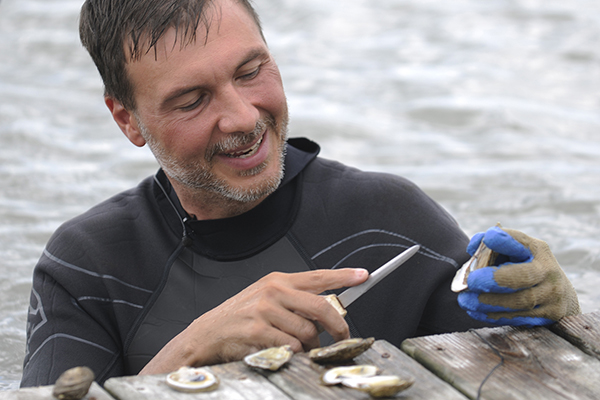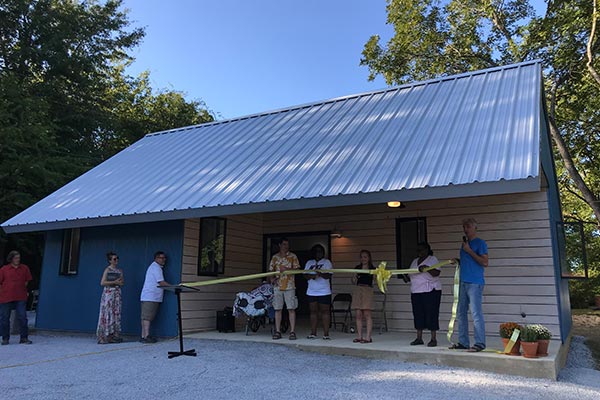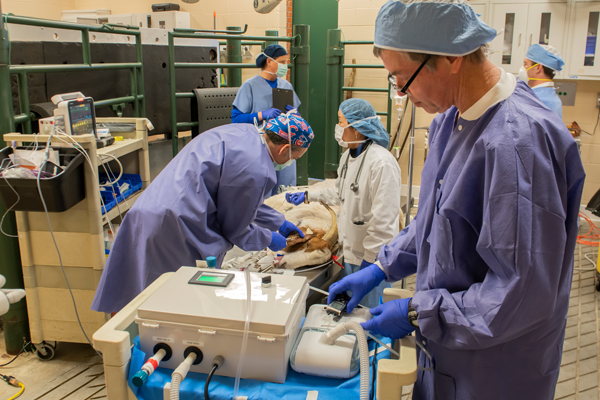Even during a worldwide pandemic, faculty, staff and students in Auburn’s College of Agriculture and Alabama Agricultural Experiment Station continue fulfilling their roles in providing an abundant and safe food supply to a nation in crisis.
The college is keeping all experimental operations moving forward during this period because the core mission of our land-grant college and experiment station is to conduct cutting-edge research and provide solutions to the grand challenges of food insecurity, human health and the environment.
Auburn marine scientist Bill Walton is one of the driving forces behind the Gulf Coast’s up-and-coming, off-bottom oyster-farming industry—helping in the economic recovery from the devastating effects of hurricanes and the Deepwater Horizon oil spill a decade ago.
He and colleagues at Auburn’s Shellfish Laboratory on Dauphin Island study shellfish ecology to enhance food safety and increase production—such as researching how a farmer can ensure the safest product possible through different culture methods or what on-farm decisions a farmer can make to increase oyster growth.
Auburn University is committed to sustaining resilient societies, and one of the main ways it does exactly that is through Rural Studio, an off-campus design-build program in the School of Architecture, Planning and Landscape Architecture.
The College of Architecture, Design and Construction program has been educating citizen architects in Newbern, Alabama, since 1993 while emphasizing place, beauty, economy, purpose and dignity in all it does, from education to research to outreach. Recently, housing finance provider Fannie Mae extended its research agreement with Auburn’s Rural Studio program to advance The Front Porch Initiative for those in low-income, rural areas.
To date, Rural Studio has built more than 200 projects and educated more than 1,000 “Citizen Architects.”
As the COVID-19 pandemic continues to drive food insecurity rates for Alabama families, End Child Hunger in Alabama, or ECHA, an outreach initiative led by Auburn University’s Hunger Solutions Institute in the College of Human Sciences, has launched a comprehensive project to ensure all Alabamians can find nutritious food near them.
ECHA County Food Guide Project is an interactive map of Alabama counties on the ECHA website. Volunteers and community partners maintain the map on a regular basis with up-to-date information, so those in need are encouraged to visit the site often.









